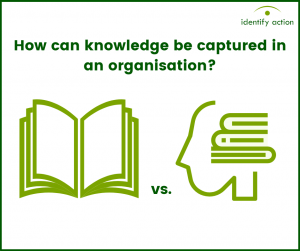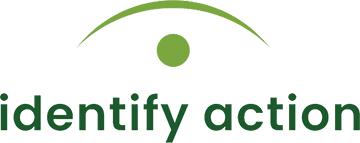Lessons Learned Should be Universal

On average, scientists have suggested we make 35,000 decisions a day. How many of your decisions are you aware of making?
In an organisation, much of the most valuable knowledge is tacit or implicit. This means that it isn’t captured in the guidebooks or onboarding package. Rather, it is lessons learned by people who work their job day-in, day-out. Realistically, ‘we know more than we tell.’ In other words, you often don’t know what you know until someone asks!
Businesses are therefore often forced to encounter difficult situations, facing massive knowledge gaps and skill shortages, as employees leave your business. Likewise, as you onboard new hires, a perceived under-performance or drop in quality may be due to a lack of codified tacit knowledge. These are just two of many reasons which necessitate the capture of tacit or implicit knowledge. Otherwise, the knowledge which sets your company apart from competitors can leave the business with departing employees.
How can we overcome the drain of valuable lessons learned? How can we learn from the mistakes of others? The answer is seemingly simple; capture your tacit knowledge. This can be achieved through a combination of process mapping to understand technical processes and people management, to capture the practiced culture of the organisation.
Here are five key tips to capture the implicit and tacit knowledge in your organisation:
- Process map with engaged stakeholders
- Clear documentation and reference
- Create a culture of knowledge sharing
- Create incentives based on quality
- Create opportunities to share across your organisation
If you would like any additional support in capturing key knowledge in your organisation, get in touch via action@identifyaction.com

Recent Comments